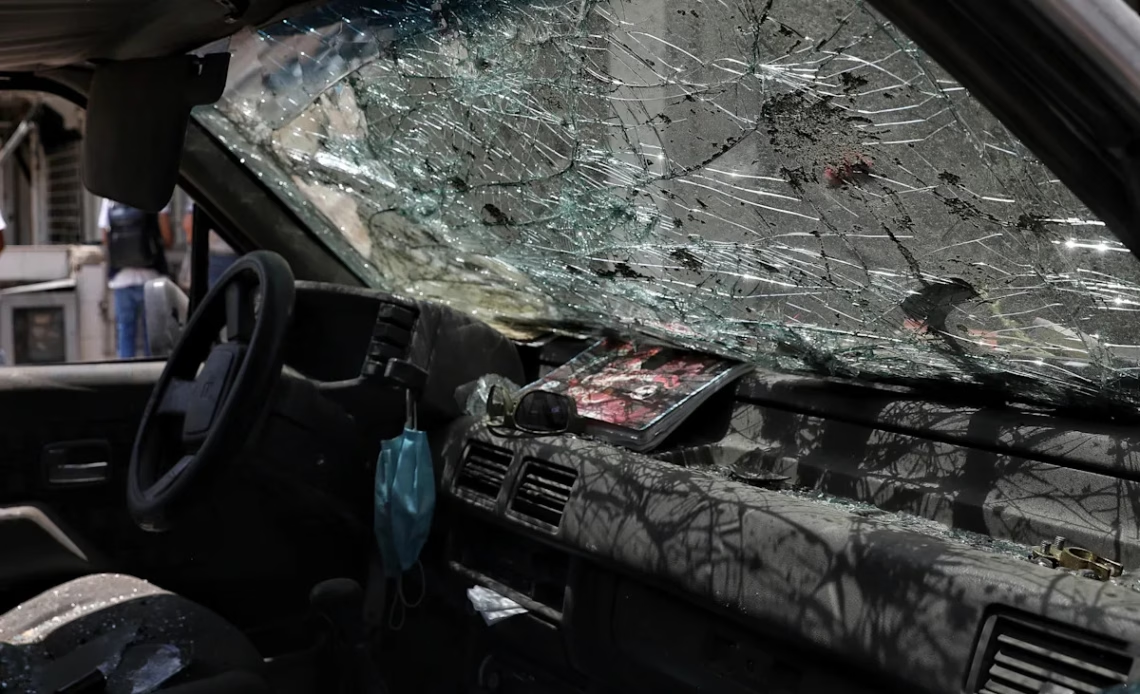BOGOTA, Colombia (AP) — Colombia’s anti-government guerrillas have grown stronger under President Gustavo Petro’s three years in office. That strength was on display in brazen attacks this week that included a car bombing and the downing of a police helicopter — violence that left at least 19 people dead.
Authorities blamed both attacks on Thursday on renegade factions of the now-defunct Revolutionary Armed Forces of Colombia, the notorious FARC rebel group that for decades fought the government, carrying out assassinations, hijackings and bombings to undermine authorities in Bogota.
And while FARC struck a peace deal with the government in 2016 and some members transitioned into a political party, rebels who split from the mainstream have carried on with a terror campaign.
The attacks underscore the failures of Petro’s signature policy of negotiating simultaneously with multiple illegal groups, analysts say, a strategy that has allowed the renegade rebel groups to gain territory and power in areas with historically limited state presence.
The rebels are likely to step up their attacks in attempts to assert their power in the lead-up to Colombia’s presidential election next May, the analysts predict.
A ‘worrying’ use of drones
The police helicopter was transporting personnel to an area in the northern Antioquia region to help with efforts to eradicate coca leaf crops, the raw material for cocaine, when it was brought down. Thirteen police officers died.
Colombia’s police director, Maj. Gen. Carlos Fernando Triana, told reporters on Friday that the rebels used explosive devices, such as homemade dynamite rocket launchers, as well as drones in the attack. But he did not confirm that a drone was solely responsible for downing the helicopter.
The use of the drone showcases not only the insurgents’ access to more modern warfare technology but also their new ability to disrupt the country’s airspace, long dominated by the Colombian military.
“The use of drones is a worrying and important change in the way insurgent groups are attacking the state,” said Cynthia Arnson, an adjunct professor at Johns Hopkins University School of Advanced International Studies.
“They don’t need shoulder-fired anti-aircraft missiles” anymore, she added.
Petro, who in his youth was also in a rebel group, launched negotiations with nine separate insurgent groups and drug trafficking gangs since taking office in 2022 under his “total peace” strategy. But so far,…
Click Here to Read the Full Original Article at Yahoo News – Latest News & Headlines…

